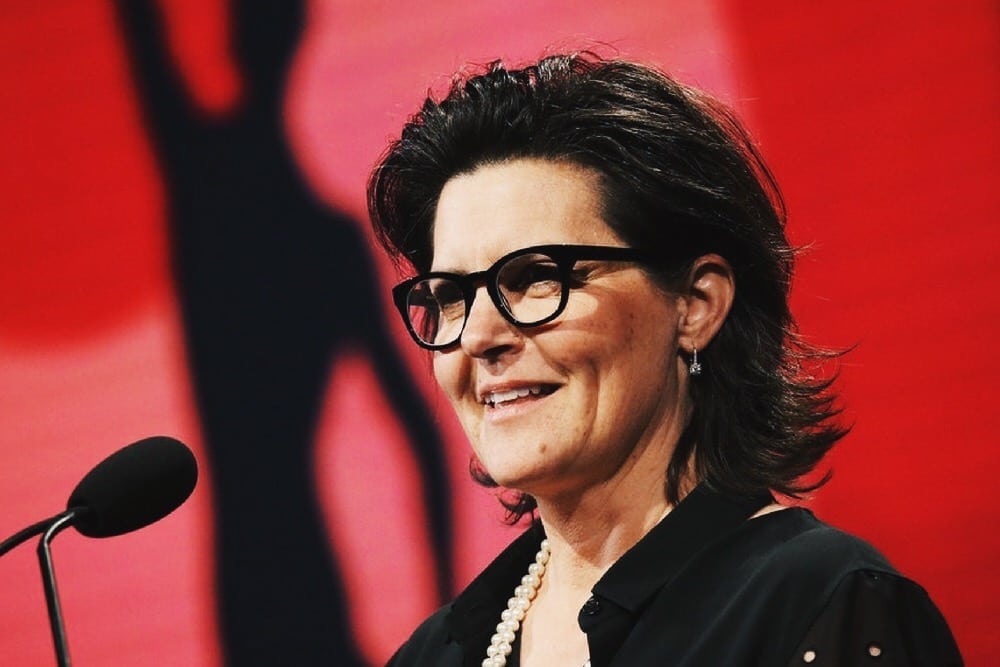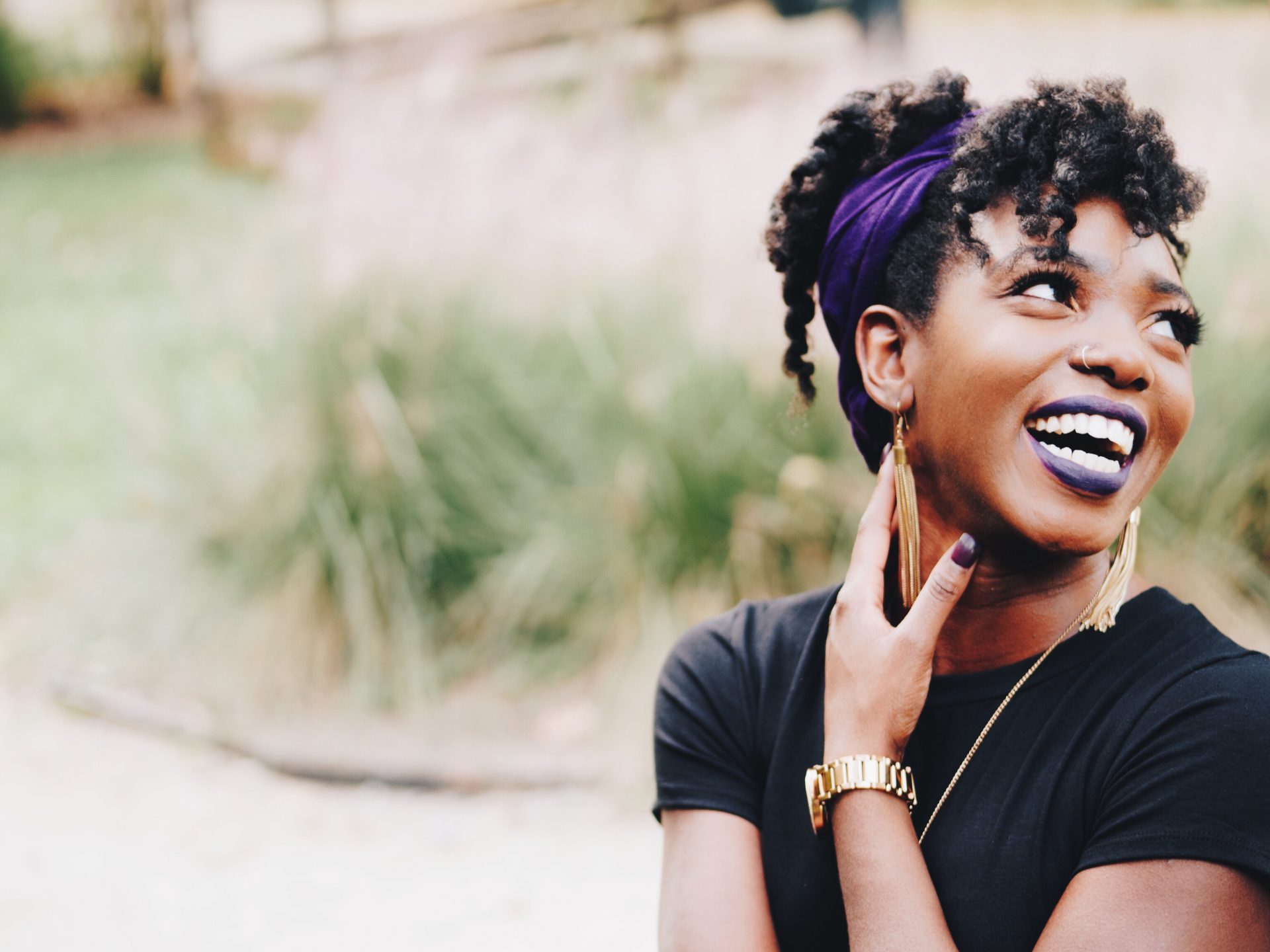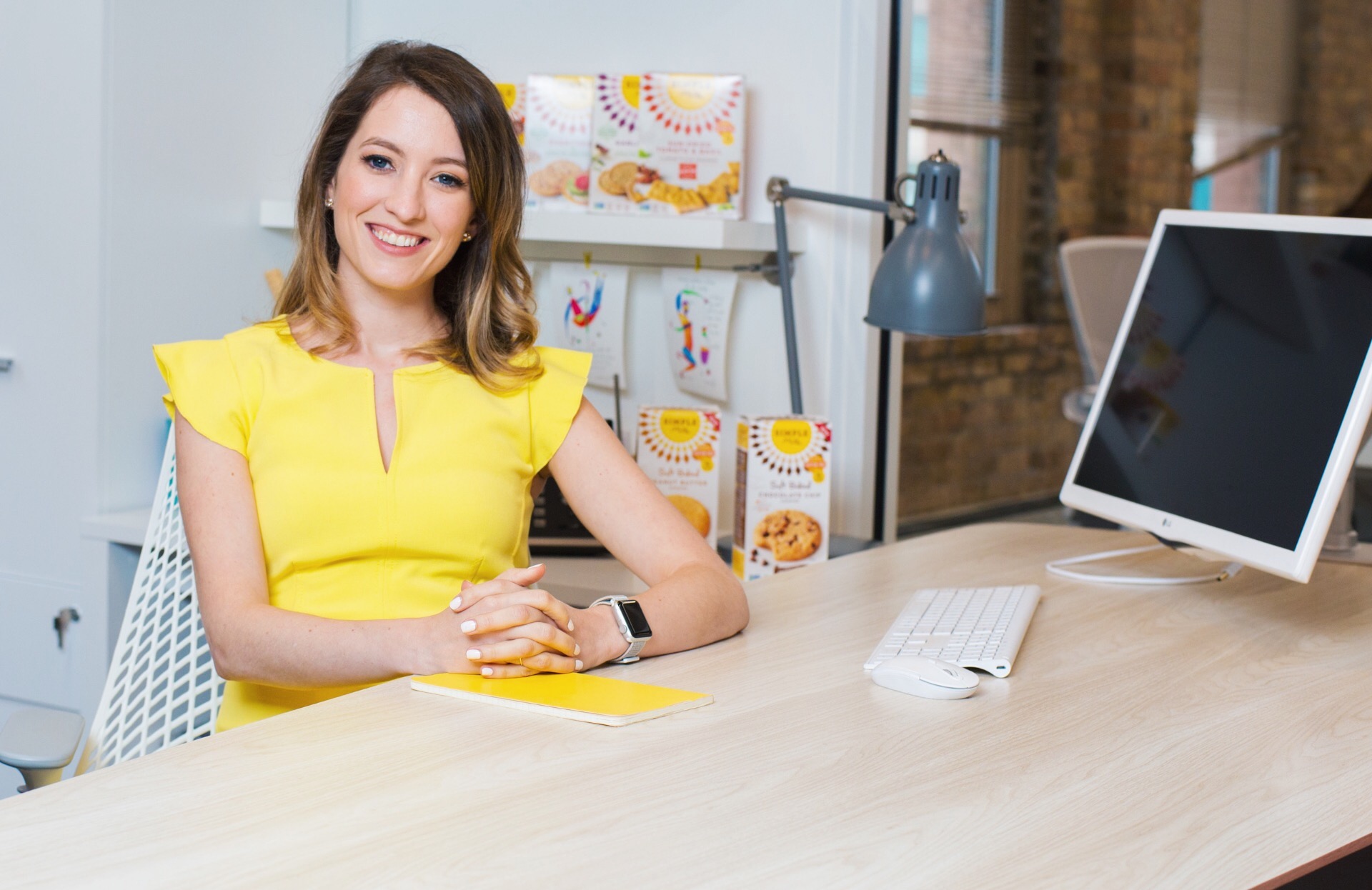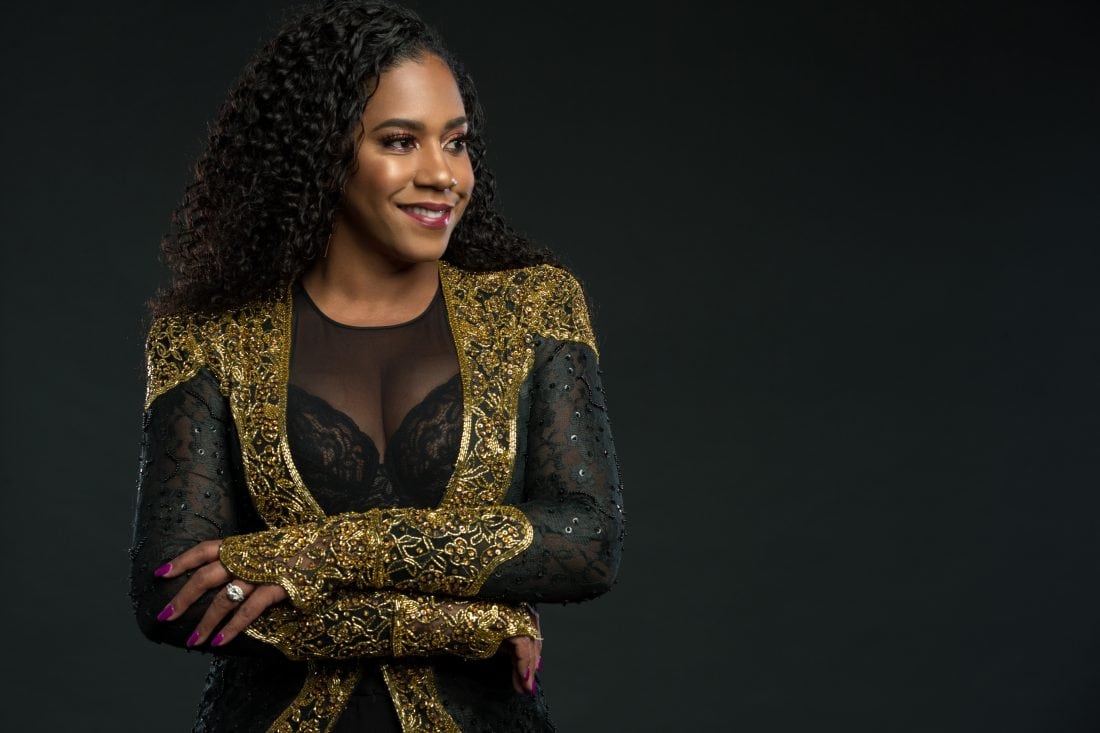Last week, President Trump ran an ad on several stations extolling the amazing accomplishments of his first 100 days in office. He tried to run the ad on CNN, but they refused to air it because it violated some of their advertising policy. Namely, the ad referenced “Fake News” over a shot of several talking heads, most of whom were from news stations that are decidedly not fake. CNN has a policy of not running false information in their ads, and asked the Trump administration to remove that reference. Their request was refused, and so the ad was refused. This upset a lot of people, because hey, CNN is so biased and fake! This is just a perfect example of that!
Well, actually, no. Can we review something, please?
“Fake” and “biased” are not the same thing. They do not mean the same thing in reference to anything, let alone media, and yet they are flung around as though they’re exact synonyms. Can you imagine switching those words out in other conversations?
“You bought a Rolex on the street? Sorry to break it to you, man, but that watch is totally biased.”
Um, no. Not the correct word. And, I hate to break it to you, but even if a news station has a history of bias, that does not make them ‘fake news.’
Fake news means explicitly, blatantly false news stories — stories that, with the rise of social media, have spread like wildfire under the guise of truth. Stories like this one, linking Malia Obama to dog-fighting — a story which originated on a satire website! The author wrote it to prove that people will share fake news. People see a headline, a name they don’t like (“Dang those Obamas!”) and because of their bias, they assume it’s true and share it with their friends.
Part of the problem, too, is that people seem to think that ‘political commentary’ and ‘journalism’ are the same thing. This is in part also because of the rise of social media; every opinionated blogger claims to be a ‘reporter’ when in fact they’re more of a commentator. The two roles are wildly different. A talk show host is not bound by the ethics of journalism. Yes, they are bound by the ethics of media, and should not be presenting fake or false information — but they absolutely will present stories with a political and personal bias. That is literally their job. So when Ellen Degeneres refuses to have President Trump on her show, that is not an example of fake news. That is an example of a talk show personality doing her job. She has a right to refuse certain stories or people; she’s not a journalist, and never claimed to be. You might disagree with her as a person, or like her show less because of it, but she’s not breaking any ethical media laws.
Journalists are supposed to present an unbiased view, a report on all sides of the story. True, that doesn’t always happen. News stations often do have a political bias. Part of that is your fault, you know — people tend to watch and read news that they already agree with, and so stations feel the pressure of their viewership to report in that agreeable tone. They report stories in a way that will make you feel good about the beliefs you already hold, because they want you to keep watching. They have a business to run, after all. But that doesn’t mean they’re lying.
This is the most important fact to remember: Political bias DOES NOT EQUAL FALSE INFORMATION.
Those are two very different things. And presenting them as equal is a serious problem.
If you run around calling every news station that you don’t agree with ‘fake news,’ you’re effectively ignoring the real problem of fake news — the websites that publish purposely false, detrimental information as a way to make money in the traffic those stories garner. That’s the real problem; that reflects a public so full of their own bias they don’t even bother to fact check outrageous stories.
Yes, biased reporting is its own problem, too, and we should hold the media accountable. But check your own bias and make sure you get your news from multiple sources. If you exclusively watch CNN or exclusively watch Fox, you are simply tuning in to the frequency that’s padding your own biased belief system. You’re the problem. Read from multiple sources, watch several different news stations, and when you notice a biased slant, call them out. Compare how different stations run the same story, then do some fact-checking yourself and figure out what you think. Don’t just rely on one station or newspaper to feed you information. Don’t ignore the other side of the story. All that will do is reinforce your own bias and leave you susceptible to actual fake news.
The freedom of the press is one of the core facets of a healthy democracy. Historically, once a government starts to grab for too much power, the press is among the first institutions to go. It’s true we need to hold the media accountable to honest reporting, but shoving ‘political bias’ under the same umbrella as ‘fake news’ is unhealthy, unwise, and detrimental to the reporters out there who are actually doing their best to report fairly and honestly. Those reporters are essential to the health of our society, and if you don’t like what they’re reporting — that’s probably a sign you really need to hear it.
If you want to put an end to the problem of fake news, start by ending your own bias. Listen to stories that make you uncomfortable, and fact-check with the fastidious passion of someone who actually cares about finding the truth (not just proving yourself right). Maybe even engage in honest conversations with people who disagree with you! But please, please, please stop treating journalists as pariahs. They may be imperfect, but we are too — and each of us holding the other accountable is a pillar of the truly free world.







